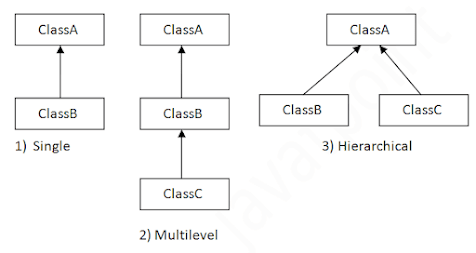Type Casting
Type Casting Type Casting: Converting one data type into another data type is knowns as Type casting. All the 8 primitives datatype except boolean we can convert from one datatype to another datatype. Types of Type casting: Implicit type casting Explicit type casting 1. Implicit type casting: It is a process of Converting smaller datatype to larger datatype is known as Implicit type casting. It is also known as Widening. Implicit type casting is done by compiler automatically. There is no loss of information in implicit type casting. 2. Explicit type casting: It is a process of converting larger datatype to smaller datatype is known as Explicit type casting. It is also known as narrowing. Explicit type casting will not be performed by the compiler, it is the responsibility of the programmer. There may be chance of loss of information. Byte-> short, int, long, float, double. short-> int, long...

